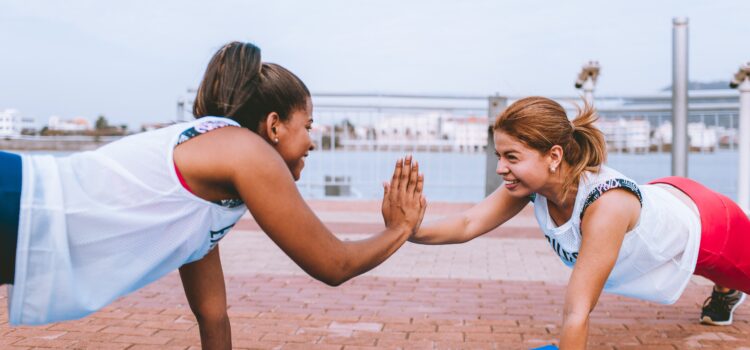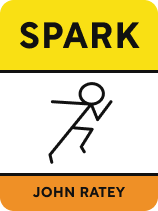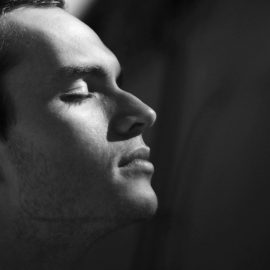

This article is an excerpt from the Shortform book guide to "Spark" by John Ratey. Shortform has the world's best summaries and analyses of books you should be reading.
Like this article? Sign up for a free trial here .
Do you struggle to stick to a regular exercise habit? What is the key to making exercise stick?
Maintaining a regular exercise habit can be hard when there are so many things vying for your time and attention. Among work, family, and social life, exercise is often the last consideration, but it shouldn’t be—regular exercise is essential for both mental and physical well-being.
Here’s how to make exercise a habit you can stick to.
Making Exercise Stick
Determining the best way to get exercise into your life is a personal decision. With that said, here are several tips on how to make exercise a habit.
Do something you enjoy.
This may sound simple, but if you enjoy riding a bike and despise running, then ride a bike. The more you enjoy it, the more likely you are to do it.
Try new things.
Variety can keep it interesting, and interest can go a long way toward keeping you at it. So go ahead and learn a new skill or try a new routine. You may discover other forms of exercise you like.
Do it with others.
Humans aren’t only built for movement, they’re also built for social interaction. Exercising with others encourages accountability and magnifies the neurochemical effects of the workout–and it can make it more fun.
| Exercise Isn’t for Everyone These first three recommendations are mainly designed to help you enjoy exercise, which some experts have identified as a crucial factor in how beneficial exercise might be. Neuroscientist Elizabeth Gould believes this. She has played an instrumental role in researching adult neurogenesis and is responsible for some key discoveries in the field. For instance, she has found that rewarding experiences affect neurogenesis and cell survival: Activities such as mating and running enhance neurogenesis in rats, and stressful experiences reduce it. While rats enjoy running, many humans don’t. As she sees it, if exercise isn’t a rewarding experience for some people it may not confer neurological benefits to them. Scientists have found that some people are genetically predisposed to enjoy exercise and others are not—a significant implication of this is that some people may have a hard time reaping the neurological benefits of exercise. Thus, while there’s ample evidence to suggest that exercise is beneficial for the brain, it’s not clear that those findings are complete—a person’s enjoyment of exercise, either because of genetics or because of recommendations like these above, might affect how beneficial it is, and mean that not everyone may reap the psychological benefits Ratey discusses. |
Keep at it.
Sometimes the best way to stick to a routine is to simply remind yourself that you can’t afford not to. When it comes to your mind and exercising, just remember that your body was built to move—it needs to move. So, whatever you do, keep it up. Don’t berate yourself if you miss a day or two, just get back to it as soon as you can.
(Shortform note: Some experts offer other tips for sticking to an exercise routine that can help you keep at it even when you don’t want to. For instance, they recommend that you set small goals for yourself, make charts of your progress, and give yourself meaningful rewards for achieving your goals.)

———End of Preview———
Like what you just read? Read the rest of the world's best book summary and analysis of John Ratey's "Spark" at Shortform .
Here's what you'll find in our full Spark summary :
- How exercising can help with addiction, anxiety, and depression
- A look at how exercise optimizes brain function and supports mental health
- What exercises are the most beneficial, and how to stick to a routine






